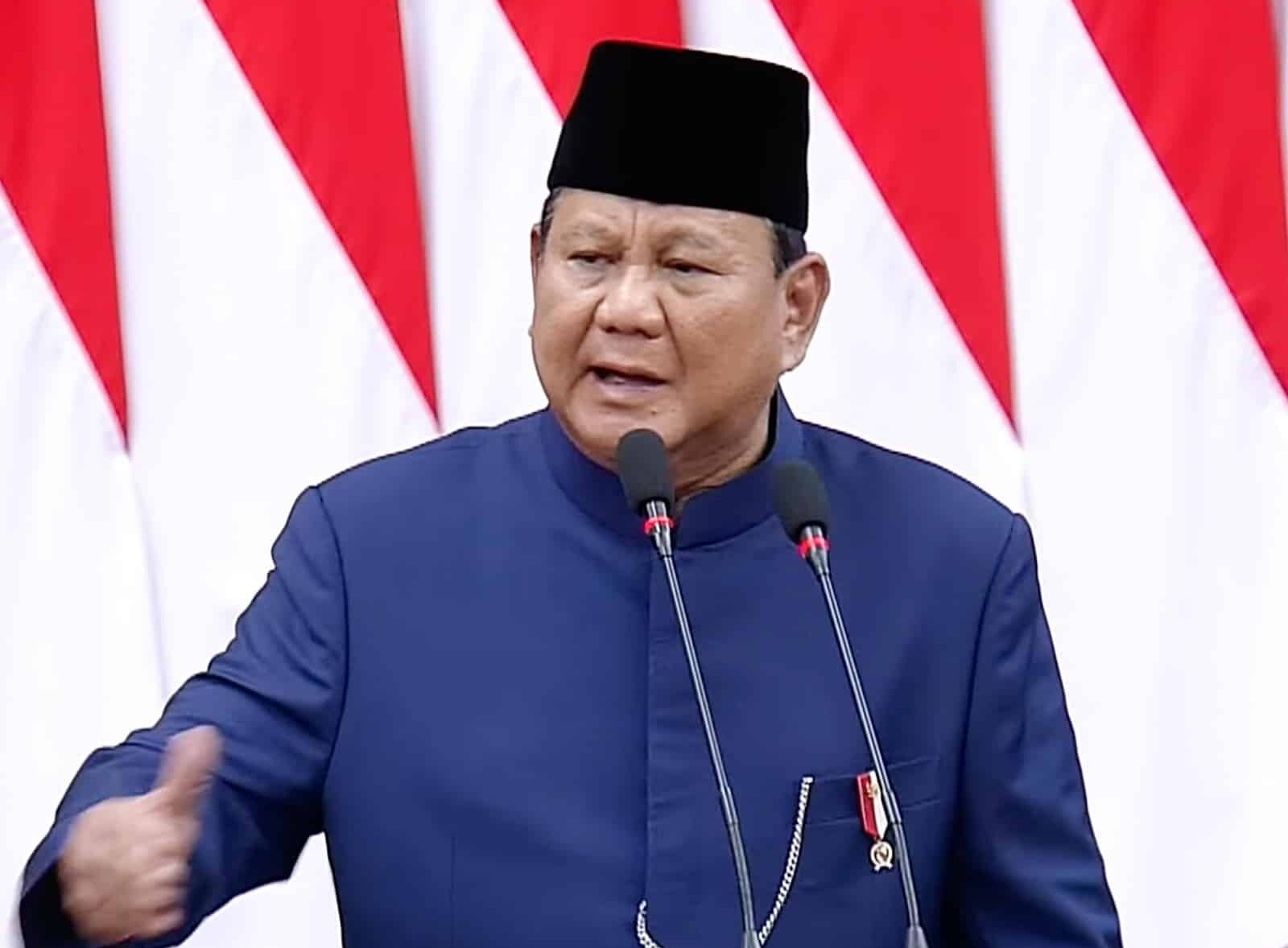Indonesia’s Prabowo vows to retire all fossil fuel plants in 15 years

BOLD PLAN Indonesian President Prabowo Subianto: “We are committed to renewable and green energy … We have other renewable energy sources, and that is why we are very optimistic that we can achieve (net) zero before 2050.” —Presidential Communications Office
JAKARTA, Indonesia — Indonesian President Prabowo Subianto has announced that his government plans to retire all coal and other fossil fuel-power plants while drastically boosting the country’s renewable energy capacity in the next 15 years.
“Indonesia is rich in geothermal resources, and we plan to phase out coal-fired and all fossil-fueled power plants within the next 15 years. Our plan includes building over 75 gigawatts of renewable energy capacity during this time,” Subianto said at the recent Group of 20 summit in Brazil.
Subianto also said he was “optimistic” Indonesia would achieve net zero emissions by 2050, a decade sooner than the country’s previous 2060 commitment.
READ: Fossil fuel emissions to hit new record in 2024 – researchers
Experts and environmental activists welcomed the announcements but hedged their expectations.
Article continues after this advertisementIndonesia is one of the world’s largest producers and consumers of heavily polluting coal. Most of its energy comes from fossil fuels. Over 250 coal-fired power plants are currently powering the country and more are being built, including at new industrial parks where globally important materials like nickel, cobalt, and aluminum are being processed.
Article continues after this advertisementIn 2022, Indonesia’s energy sector emitted over 650 million tons of carbon dioxide, the world’s seventh highest level, according to the International Energy Agency. Population and economic growth are expected to triple the country’s energy consumption by 2050.
Real changes
Experts said that real changes need to be implemented on the ground in Indonesia quickly if the president is serious about his plans.
“If the government is serious about speeding up the energy transition, efforts to shut down coal-fired power plants and prevent new permits for the construction of coal-fired power plants must be clear so that partners, investors, and financial institution can see the pipeline and progress,” Bhima Yudhistira, executive director of the Indonesia-based Center of Economic and Law Studies, said in written statement to The Associated Press (AP).
While Subianto’s predecessor, Joko Widodo, was in office, Indonesia pledged to phase out—or at least drastically reduce—the use of coal by agreeing to numerous schemes with international stakeholders.
That included the largest $20-billion Just Energy Transition Partnership (JETP) deal so far. The deal has struggled to make changes on the ground but is still underway. JETP deals still fall short of the estimated trillions of dollars that are needed to develop infrastructure needed to transition to renewable energy and put existing coal-fired power plants into early retirement.
In Brazil, Prabowo also spoke about Indonesia’s vast renewable energy potential from solar, hydropower, geothermal, wind, and other sources. Only 14.5 percent of these renewable sources are currently tapped, according to the International Renewable Energy Agency. Current installed capacity of renewable energy in Indonesia is about 13 gigawatts, or less than 15 percent of total generation capacity.
“We are committed to renewable and green energy. We are blessed with many resources,” he said. “We have other renewable energy sources, and that is why we are very optimistic that we can achieve (net) zero before 2050.”